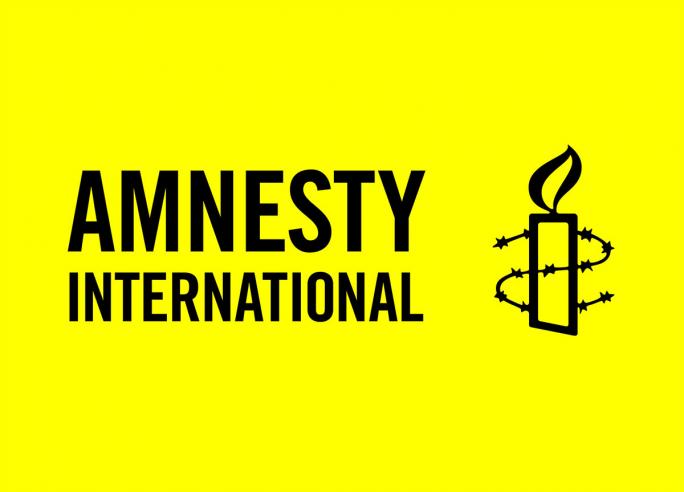From its liberal use of torture, the implementation of PRISM, a mass surveillance program used on American civilians, to rising counts of employee sexual harassment, the US military has never failed to remain at the centre of controversy. However, one recent story seems to have fallen out of the headlines before it even had the chance to appear in them.
A report released by Amnesty International last month shed light on the shadowy claims made by the Pentagon which assured that recent airstrikes in Somalia did not injure or kill any civilians. The attacks happened within the span of 2017-2019 and were aimed at a regional extremist and jihadist group, al-Shabaab. However, data gathered by Amnesty International insists that at least fourteen noncombatants were mistakenly targeted and killed during just five strikes alone. According to the organization, such acts blatantly violates international law and may even constitute actual war crimes.

“In addition to this first-hand testimony, the report draws on several types of evidence, including analysis of satellite imagery and data, photographic material, interviews with government officials, medical personnel and other experts, and an open-source investigation including analysis of traditional and social media, academic articles, and reports from NGOs and international bodies,” The report read.
American military forces have always flirted with drone usage in warfare, even as many have questioned this costly affair. After the most conflict-ridden regions in Somalia were labelled “areas of active hostilities” through directives mandated by the Trump Administration, the frequency and magnitude of strikes began to intensify.
This also was not the first time such a damning report had surfaced. A Guardian investigation last year implicated the US military in numerous airstrikes which in totality, ended the lives of at least 50 civilians. Speculations lead various experts to believe that the death toll could be even higher.
The Pentagon could now much more easily justify outwardly fatal airstrikes underneath an impregnable veil of peace and aren’t held fully accountable for their actions. It is ultimately Somalian civilians who have to bear the brunt of this negligence, as operations begin to wrongfully kill more and more of them, all while the US government claims to be fighting solely for their safety and security.

Besides the issue of ethicality, the efficacy of such airstrikes have also been questioned, with research arguing that they do not meaningfully weaken the terrorist groups’ stronghold on the area, and the opportunity cost of such wide-scale and often imprecise bombardments easily dwarf the few advantages extracted.
In defence of the military, it is worth looking at logistical difficulties of gauging precise collateral damage statistics, as eyewitnesses can prove unreliable, and terrorist groups often deliberately inflate civilian casualties to incite anti-west sentiment and use falsified statistics as recruitment propaganda. Sending in data-collectors and investigators may also be risk-averse, as diplomatic relations can quickly sour if hostage situations were to escalate.
To further fuel this informational opacity, Mr.Trump is making it a much more arduous task to uncover the impacts of foreign military ventures by reversing an Obama era rule that requires the CIA to disclose assessments of civilian damage caused by drone strikes annually. In an institution as omnipotent and as inaccessible to citizens as the military, any decrease in transparency would seem to be an ill-advised move, which some lawmakers have pointed out.
This requirement was about more than transparency. It allowed, for the first time, the US to counter disinformation from terrorist groups with facts about the effectiveness and precision of our operations. It was an important tool that we're again without. https://t.co/y3edpIPi6F
— Ned Price (@nedprice) March 6, 2019
More than an outlier incident, the Somalia case study is emblematic of the covertness achieved by American military forces, how they have the ability to clandestinely overshadow the true cost of war due to lax policies governing transparency, and contrastingly, how public watchdogs have remained vigilant in undermining such cover-ups. Proceeding, it would be wise for both the Pentagon to give acknowledgement to their shortcomings, and for the public to be more cognizant of just how hefty the cost of the war of terrorism stands to be.
Photo: AFP


